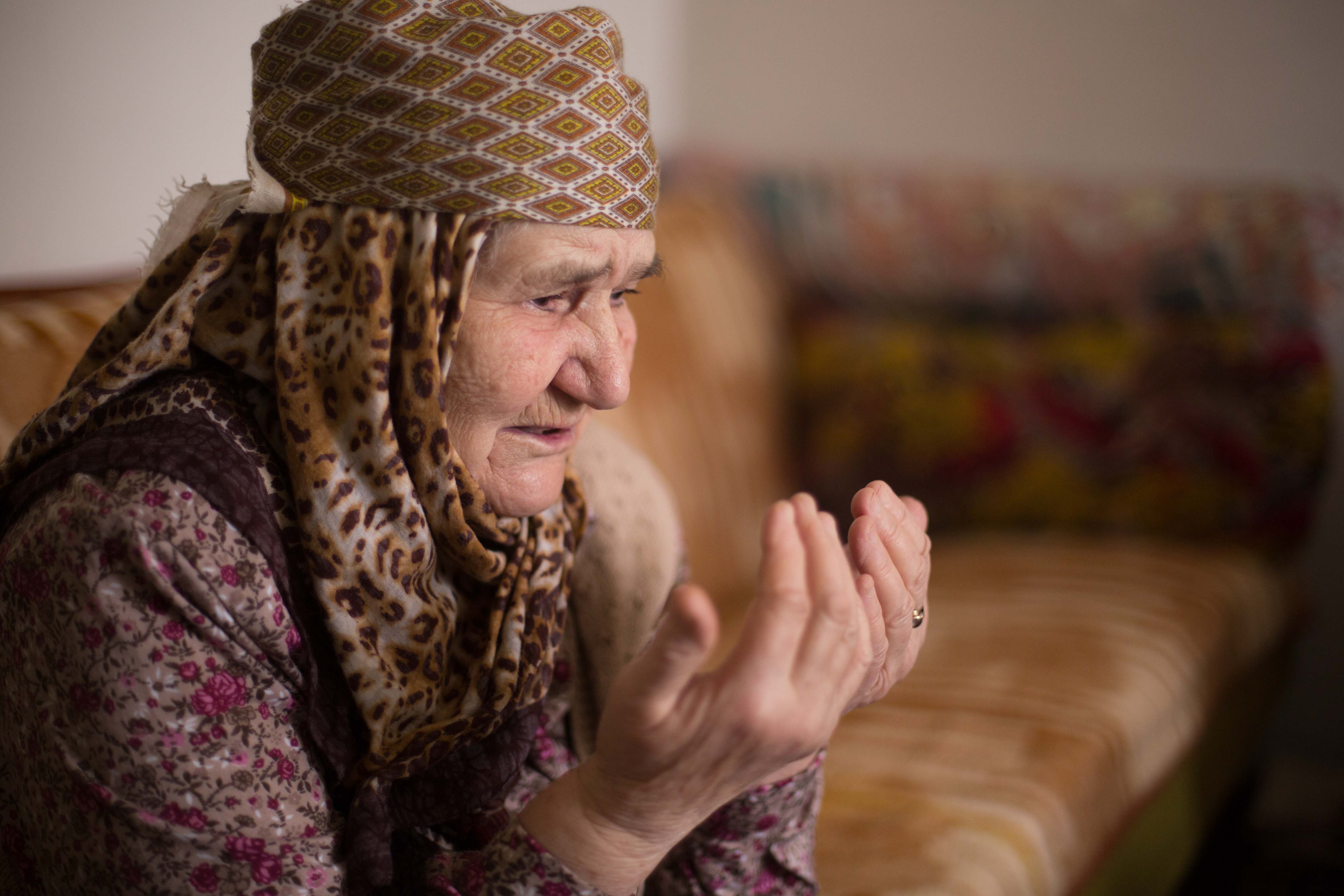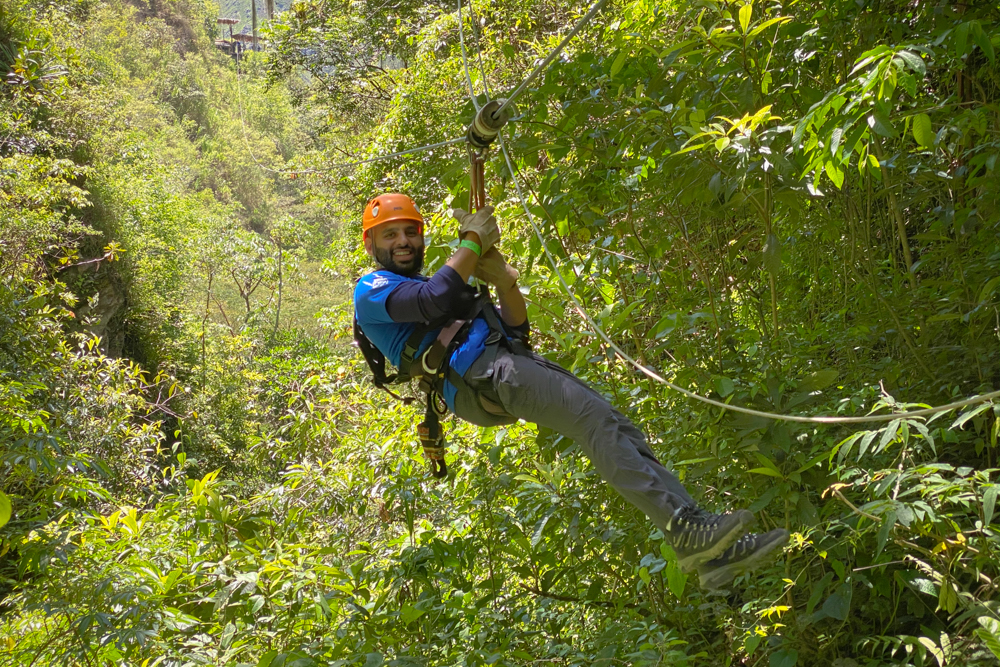Getting Gaza’s children off to a “Right Start” at school this year with IRUSA and ANERA
Laura McAdams is International Programs Coordinator at Islamic Relief USA.
Back-to-school season is approaching and while many parents are preparing themselves for their children’s first day of school, only about a third of all four and five year olds in Gaza will be enrolled in preschool in the fall.
The preschools that are available to children in Gaza are overcrowded and expensive: There are only four public, no-fee preschools in all of the West Bank and Gaza. Moreover, the quality of education children receive at these schools is reportedly poor.
During school hours children have neither the opportunities or materials to be creative. They don’t even have places to play and be active [1].

This is particularly distressing because decades of research has proven the importance of early childhood education to a person’s mental, emotional and social development. Specifically, children who receive high quality early childhood education and care engage in more varied exploration and play, are able to develop healthy attachments to their peers and adults, and score higher on measures of cognitive ability and language development. These effects can last through the course of later schooling years.
In line with the globally recognized principles of child protection, development and human rights, these benefits should be accessible to all children in Palestine. To help build a successful future for Gaza’s youngest children, Islamic Relief USA is working with American Near East Refugee Aid (ANERA) to improve the quality of early childhood care through making classrooms and playgrounds more interactive and child friendly, developing teachers’ expertise in child-centered learning approaches and raising awareness of the benefits of early reading and interactive play among parents and other caregivers of young children.
Ghassan Kanafani, a preschool named after the renowned Palestinian writer, is one of the ten schools we are working to

improve. The small, dark classrooms are overcrowded and its walls are crumbling in areas. There are no toilets for children.
Last year, the school taught around 120 preschoolers, and is expected to grow in numbers this year.
Under the IRUSA and ANERA project, the small classrooms will be expanded and equipped with new furniture and fixtures, windows will be widened to let in more natural light, bathrooms and water fountains will be installed, walls will be patched and new playground equipment will be installed.
The hope is that the next generation of children will have a better, well-rounded educational experience in their early children than was available before in Gaza.

In addition to the infrastructure improvements, teachers at Ghassan Kanafani preschool will undertake intensive training during the school year, learning more about techniques for promoting active learning, enforcing good behaviors while weaning the bad through positive discipline, and recognizing common childhood health issues like anemia. To ensure teachers receive the support they need, one-on-one mentoring will be provided throughout the year.
Check back here for ongoing updates on Ghassan Kanafani preschool and its teachers and students.
[1] See ANERA’s report “Early Childhood Development in the West Bank and Gaza”



